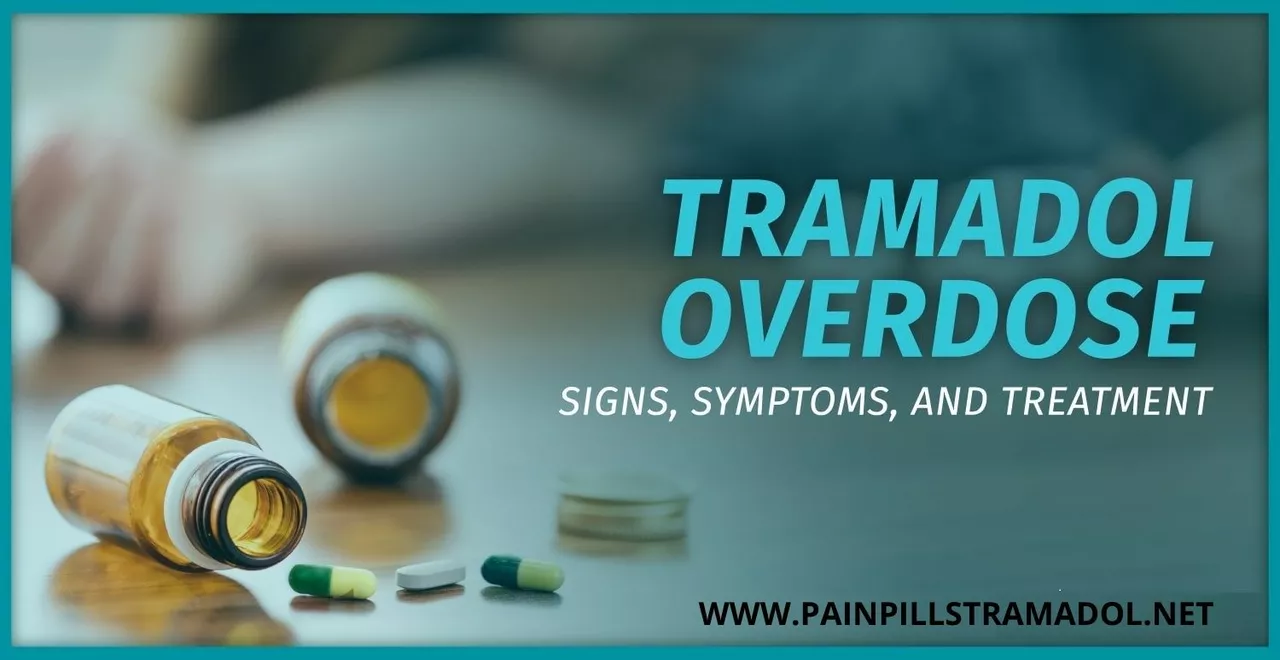Albuterol Overdose: Signs, First Aid, and Prevention
Using too much albuterol (also called salbutamol) can cause upsetting and sometimes dangerous symptoms. If you or someone you care for has taken extra puffs, don’t panic — act fast, check symptoms, and get help when needed. This page tells you what to watch for, what to do immediately, and how to avoid overdoses in the future.
Common signs of overdose
Early signs are usually related to extra stimulation of the heart and nervous system. Expect fast heartbeat or palpitations, shakiness or tremors, nervousness, headache, and a flushed face. Stomach upset, nausea, or vomiting can happen too. More serious signs include chest pain, fainting, severe shortness of breath, severe dizziness, confusion, seizures, or muscle weakness from low potassium. If you notice any severe symptoms, treat it as an emergency.
Children and older adults often react more strongly to extra doses. Also watch for breathing that’s worse despite more inhaler use — that can mean the inhaler isn’t helping and immediate care is needed.
What to do right away
If someone has taken too much albuterol from an inhaler or nebulizer, stop giving more. Sit the person down and keep them calm — anxiety makes symptoms worse. Check pulse and breathing. For mild tremors or a racing heart, home care includes resting, sipping water, and avoiding stimulants like caffeine.
Call your local emergency number if there’s chest pain, fainting, severe shortness of breath, seizures, or loss of consciousness. If symptoms are moderate or you’re unsure, call poison control (in the U.S.: 1-800-222-1222) or ask your doctor. In a hospital they’ll monitor the heart with an ECG, check blood potassium and glucose, give oxygen if needed, and treat complications. Specific drugs or IV fluids are only given by professionals.
If a young child swallowed liquid albuterol or you find an empty vial, get emergency help right away — accidental ingestion can be serious.
Prevent repeat overdoses by talking to your prescriber about why extra doses happened. If asthma symptoms need more medication often, you may need a different long-term controller or an updated action plan.
Common drug interactions can raise the risk of side effects: using other stimulants, certain antidepressants (MAOIs, TCAs), or some decongestants together with albuterol can increase heart-related effects. Beta-blockers can block albuterol and may cause breathing problems — mention all medicines you take to your clinician.
Practical prevention tips: follow the prescribed dose, use a spacer with your inhaler to reduce throat and systemic side effects, keep liquid forms and vials out of children’s reach, track doses so you don’t double-up, and see your doctor if you need your rescue inhaler more than twice a week.
If you’re ever in doubt, err on the side of caution: stop extra use, call poison control or your doctor, and seek emergency care for severe signs. Quick action prevents small mistakes from becoming serious problems.

